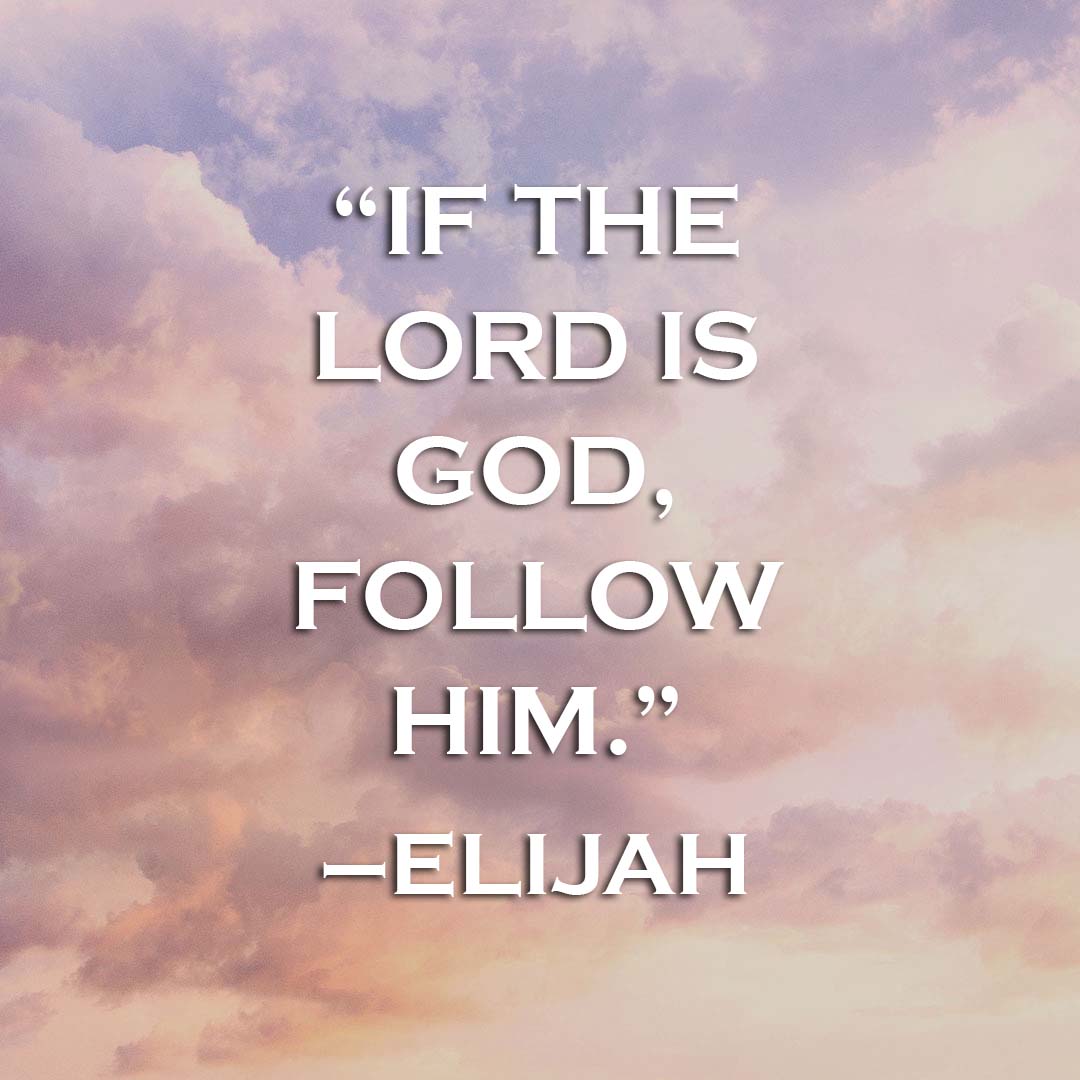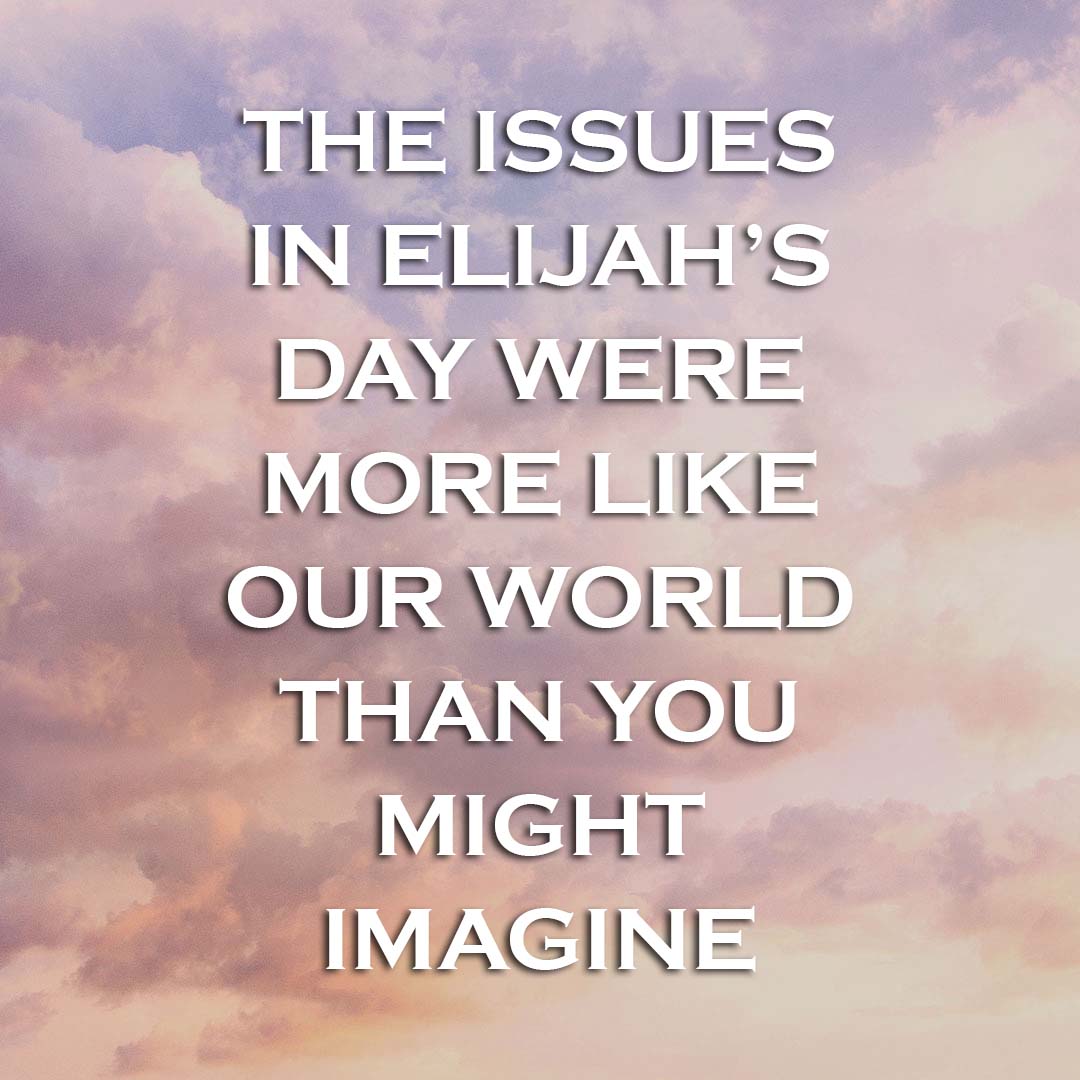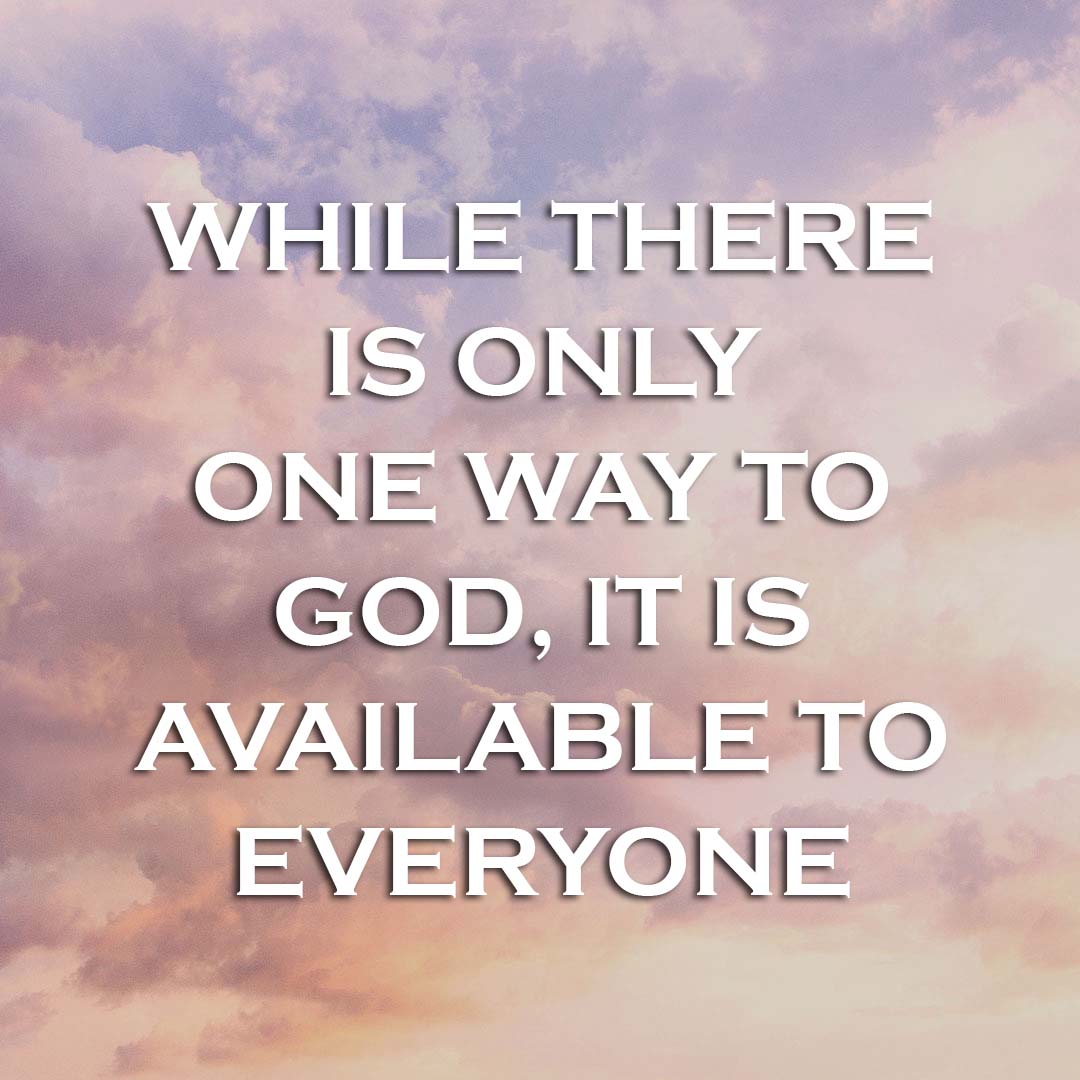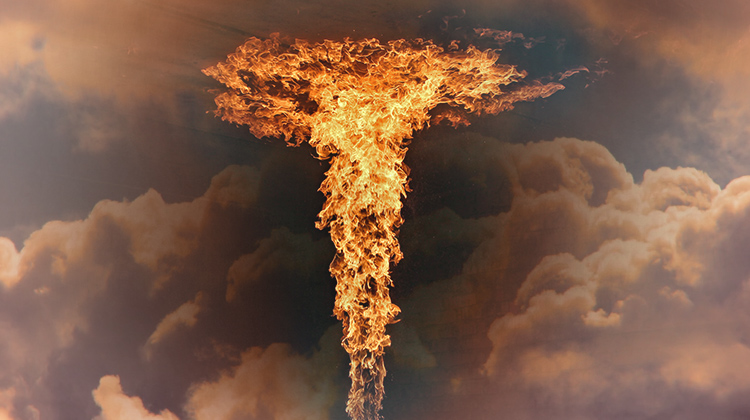1 Kings 18:1-40
Have you ever felt as if everyone is against us, as Christians? You’re not the only one. The prophet Elijah felt the same way. During his life, King Ahab and Queen Jezebel ruled Israel and “did evil in the sight of the Lord (1 Kings 16:30; 21:25). In fact, "Ahab did more to provoke the Lord God of Israel to anger than all the kings of Israel who were before him” (1 Kings 16:33). Specifically, he built a temple for a pagan god named Baal and rejected the Lord as the one true God.
The situation was grim. Elijah went into hiding because Ahab blamed him for a devastating drought. Jezebel hated Israel’s God so much that she massacred most of His prophets, save for Elijah and 150 who hid in a cave with help from Obadiah (1 Kings 18:4), and replaced them with prophets of Baal. At this most unlikely point in history, Elijah staged a confrontation with Ahab.
The Prophet Elijah Performs One of the Greatest Miracles in the Old Testament
4 Lessons From Elijah and the Prophets of Baal
- All Religions Are Not the Same
- Sincerity and Passion Are Not Signs of Spirituality
- Faith Can Be Misplaced
- The Faith You Live by Better Be Good Enough to Die By
Elijah on Mount Carmel (29:13)
The Challenge on Mount Carmel (1:24)
The Significance of Mount Carmel (1:45)
First, Elijah and the king met privately. After Ahab greeted Elijah as the “troubler of Israel” (1 Kings 18:17), Elijah responded, “I have not troubled Israel, but you and your father’s house have, in that you have forsaken the commandments of the Lord and have followed the Baals” (1 Kings 18:18). Elijah then challenged Ahab to decree a showdown between himself and the prophets of Baal and Asherah. Ahab agreed and assembled the Israelites along with the pagan prophets on top of Mount Carmel.
The Prophet Elijah vs. the Prophets of Baal: the Test of the True God
In this dark moment, God empowered Elijah to perform one of the greatest miracles in the Old Testament. Standing before all Israel, Elijah faced off with the prophets of Baal, each praying to their god and asking for fire from heaven to burn the sacrifice on the altar. The true god would be the one who sent fire to consume the sacrifice.

Before the contest began, Elijah charged the Israelites to commit to God fully and reject Baal. “How long will you falter between two opinions? If the Lord is God, follow Him; but if Baal, follow him,” he shouted (1 Kings 18:21). When Elijah used the word falter, it was a Hebrew word used to describe a lame man. Another way to put it would be, “Quit limping back and forth between two opinions!” They were halfway serving God and halfway serving Baal. There was no more room for compromise.1
The prophets of Baal went first. When they called on their god, nothing happened. They cut themselves and cried out to Baal for hours, but 1 Kings 18:26 says, “There was no voice; no one answered.” Their god was a non-entity, a nothing. And nothing can’t answer you when you call out to it!
The Prophet Elijah Performs One of the Greatest Miracles in the Old Testament
Next, it was Elijah’s turn. To eliminate any natural explanation for the miracle God was about to perform, Elijah had the people saturate the altar with twelve pots of water. They drowned the wood, the sacrifice, and the space under the wood (1 Kings 18:30-35). When the fire fell, Elijah wanted to make sure nobody would doubt it came from the one true God.
You Might Also Enjoy:
• Who Was Elijah in the Bible? Meet God’s Prophet of Fire
• Will Elijah Return During the Tribulation?
• Is Faith Enough?
Then the prophet Elijah offered up a simple prayer.
Lord God of Abraham, Isaac, and Israel, let it be known this day that You are God in Israel and I am Your servant, and that I have done all these things at Your word. Hear me, O Lord, hear me, that this people may know that You are the Lord God, and that You have turned their hearts back to You again (1 Kings 18:36-37).
At 63 words long, it only took about thirty seconds to recite. Elijah didn’t have to say much because he knew his God was real and alive and listening. Anyone who worries about having the right words to pray can take comfort in this fact: “If anyone is a worshiper of God and does His will, He hears him” (John 9:31). The power of prayer doesn’t reside in the words that are spoken but in the God to whom the prayer is addressed.
In a spectacular display of God’s power, fire fell from heaven, consuming Elijah’s sacrifice, the wood, stones, water, and everything surrounding it. Everything! And the response to this miracle was undeniable: “Now when all the people saw it, they fell on their faces; and they said, ‘The Lord, He is God! The Lord, He is God!’” (1 Kings 18:39).
The issues in Elijah’s day were more similar to our world than you might imagine. It’s not so much that we have rejected God, but we have made Him an insignificant part of our lives. He’s our Sunday God—our church God. We put Him in a little section of our life, not in the director’s seat. When we’re not worshiping Him, we worship things like success, financial achievement, and popularity. Little “g” gods claim our affections, and little by little, they become substitutes for the one true God, Jehovah. We cannot serve two masters.
Four Lessons From Elijah and the Prophets of Baal
Elijah’s contest with the prophets of Baal reveals four lessons that are as applicable today as they were in ancient Israel.
1. The Lesson of Inequality: All Religions Are Not the Same
There is a common belief that all religions are fundamentally the same. But Jesus said, “I am the way, the truth, and the life. No one comes to the Father except through Me” (John 14:6). There aren’t many ways to heaven; there’s only one!

2. The Lesson of Emotion: Sincerity and Passion Are Not Signs of Spirituality
There is no doubt that the prophets of Baal displayed reckless abandon for what they believed. They were sincere in their efforts, but like many people today, they were sincerely mistaken. Mount Carmel proved that powerfully.
We find another powerful illustration in the New Testament. Before the apostle Paul converted to Christianity, “He made havoc of the church, entering every house, and dragging off men and women, committing them to prison” (Acts 8:3). The word havoc is rare in ancient writings; secular Greek literature used it to refer to the ravages of a wild boar, which gives us a vivid picture of Saul. Imagine him tearing through the streets of Jerusalem, breaking into homes, dragging people off to prison, intent on ridding the city of every last Christian. Saul was sincere, passionate, and dead wrong.
3. The Lesson of Exclusivity: Faith Can Be Misplaced
Faith is not what matters most. While that may strike you as an odd or even blasphemous statement, it’s the object of our belief that makes a difference. The prophets of Baal believed in the god they worshiped with all their heart. They had faith in him. But their faith was worthless because the object of their faith was worthless.
Some people object to the absolute truth claims of Christianity. They feel that doing good deeds or simply believing in a higher power should open the gates of heaven. But if good deeds lead to salvation, faith has no place in the conversation—it becomes a matter of works—and we can never know if we’ve done enough to win God’s favor. If believing in whatever we want could secure our salvation, Jesus wouldn’t have had to die on the cross, and most of the Bible would be untrue.

While there is only one way to God, it is available to everyone. The apostle Paul staked his life on this claim. With the blood of the saints on his hands and a contrite heart, he wrote, “If you confess with your mouth the Lord Jesus and believe in your heart that God has raised Him from the dead, you will be saved” (Romans 10:9). No matter who you are or what you’ve done, Jesus offers you this gift of salvation.
4. The Lesson of Expectation: The Faith You Live by Better Be Good Enough to Die By
Faith that doesn’t bring hope and help during hard times is worthless. God built up Elijah’s confidence in the quietness of a brook, the confines of a widow’s home, and the isolation of the wilderness. Later, when Elijah summoned his faith on the mountaintop, it sustained him because he trusted God.
The prophet Elijah stood before an entire nation and demanded that they make a choice. He offered no room for compromise. The children of Israel could align themselves with the prophets of Baal, or they could discard everything that opposed the one true and holy God. The showdown on Mount Carmel became the defining moment in Elijah’s life.
So I challenge you, which side are you on? Are you going to live for God and be His follower? Or are you going to keep living for the things that distract you from Him? “If serving the Lord seems undesirable to you, then choose for yourselves this day whom you will serve” (Joshua 24:15, NIV). That is the challenge to all of us, and I hope we will hear it.
Sources:
1Philip Graham Ryken, 1 Kings (Phillipsburg: P & R Publishing, 2011), Kindle edition.
